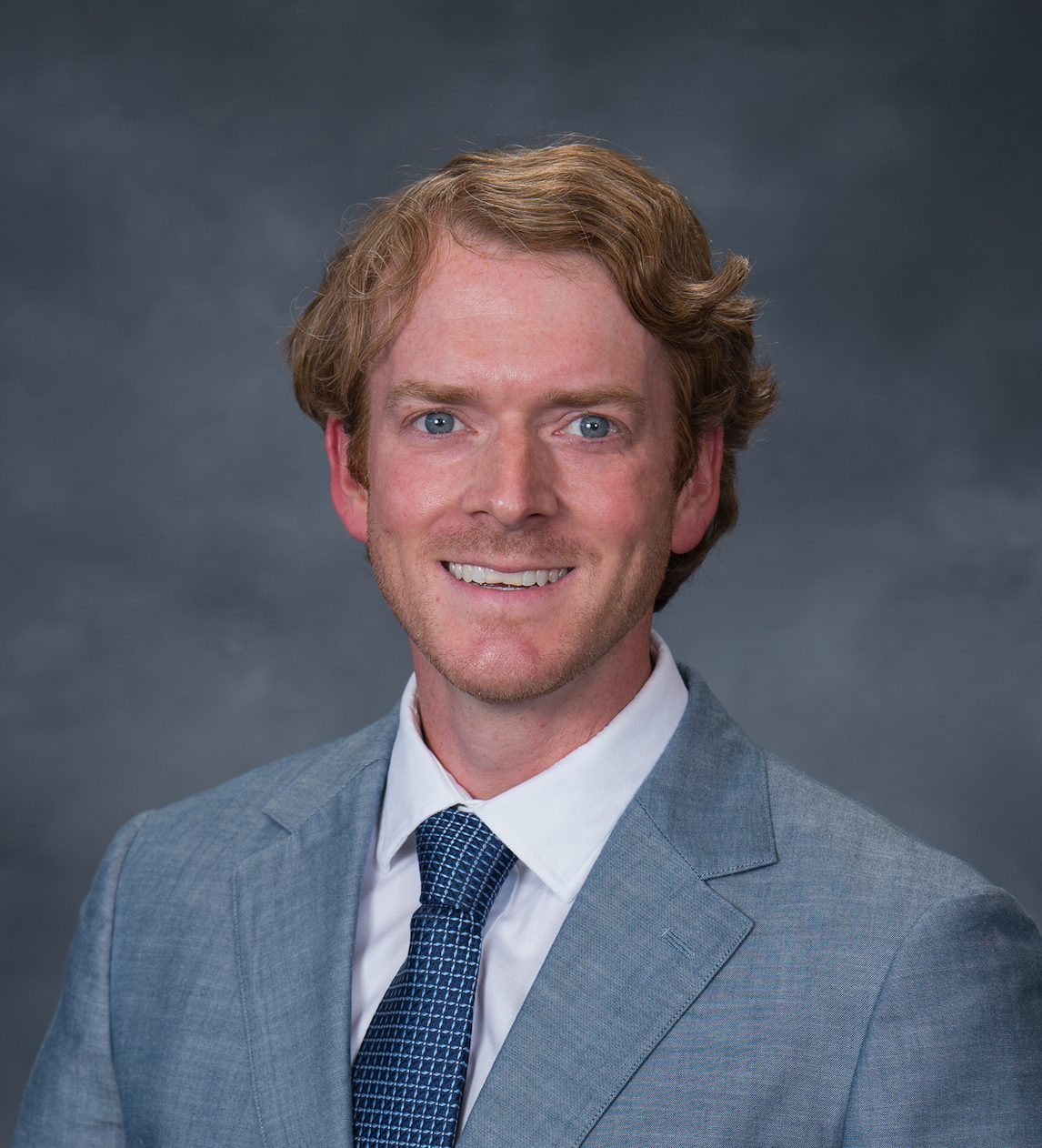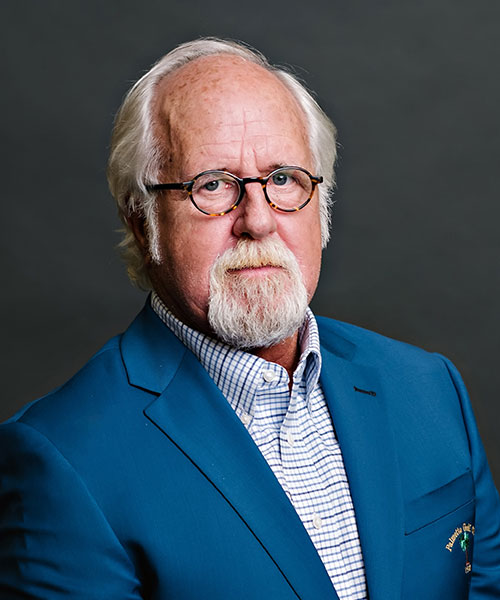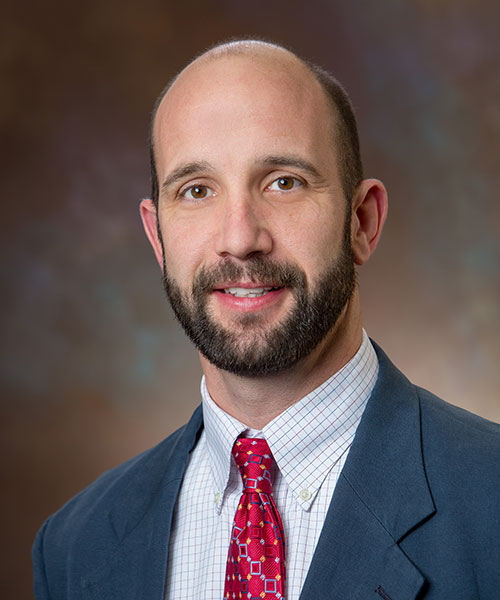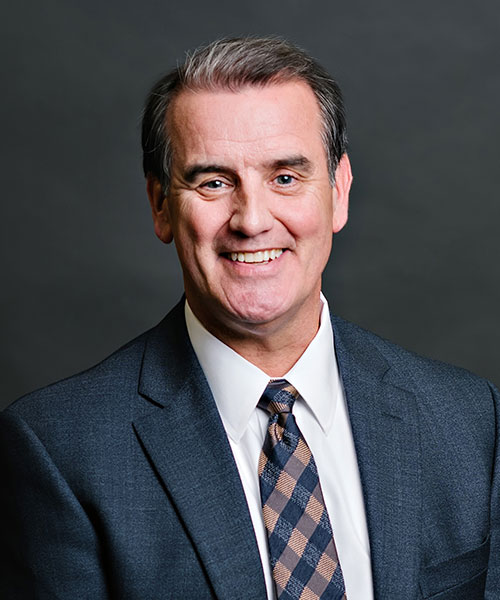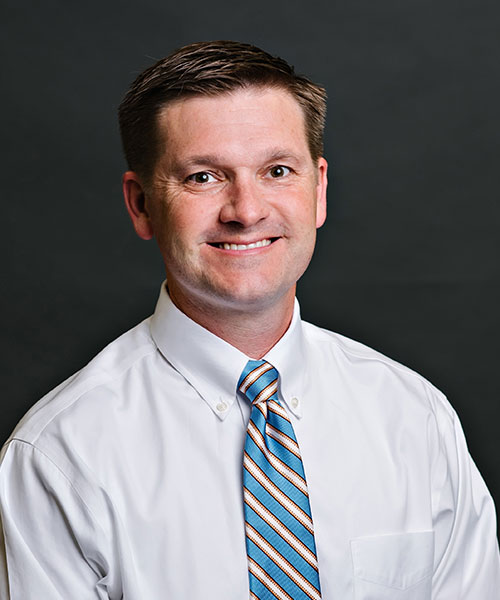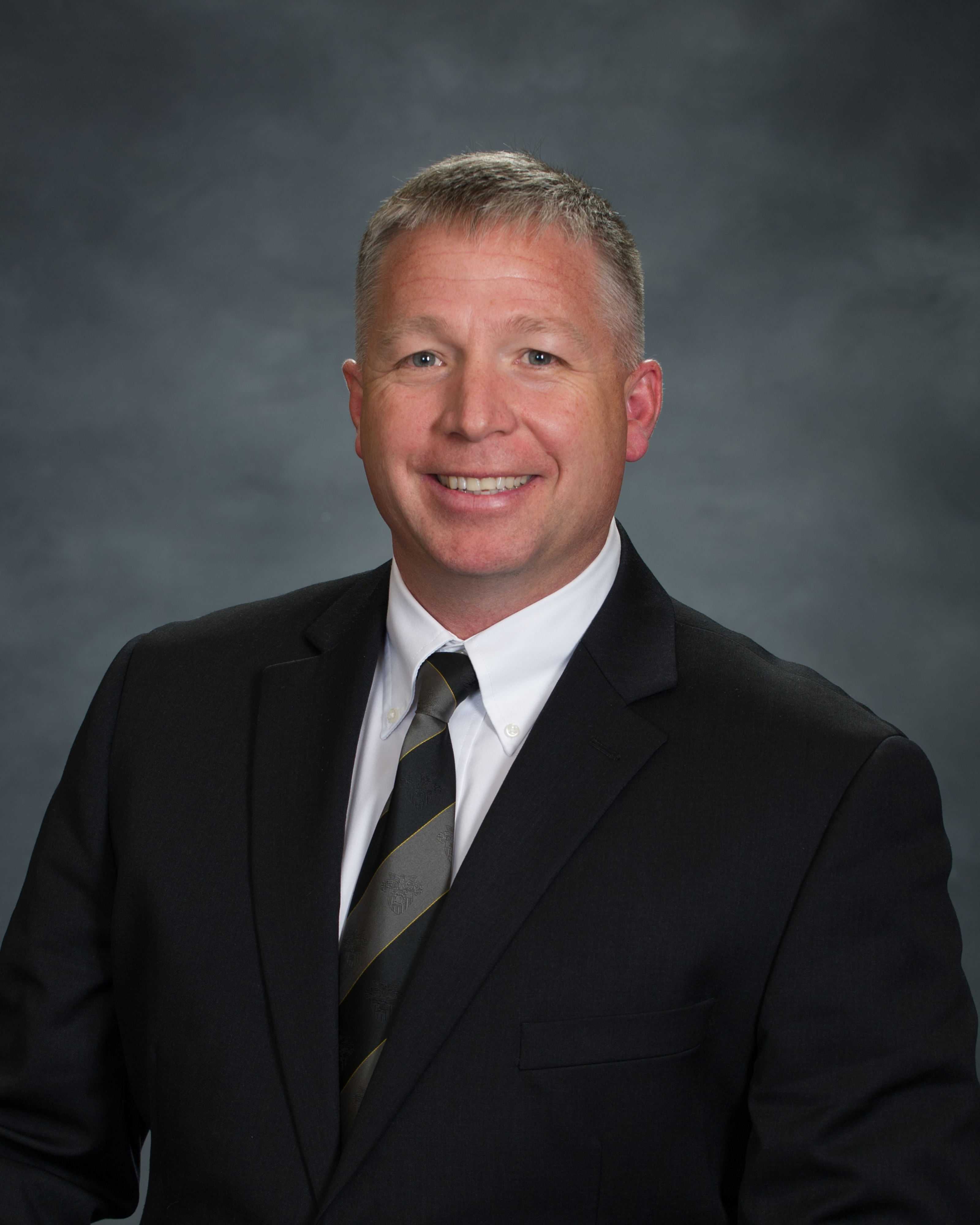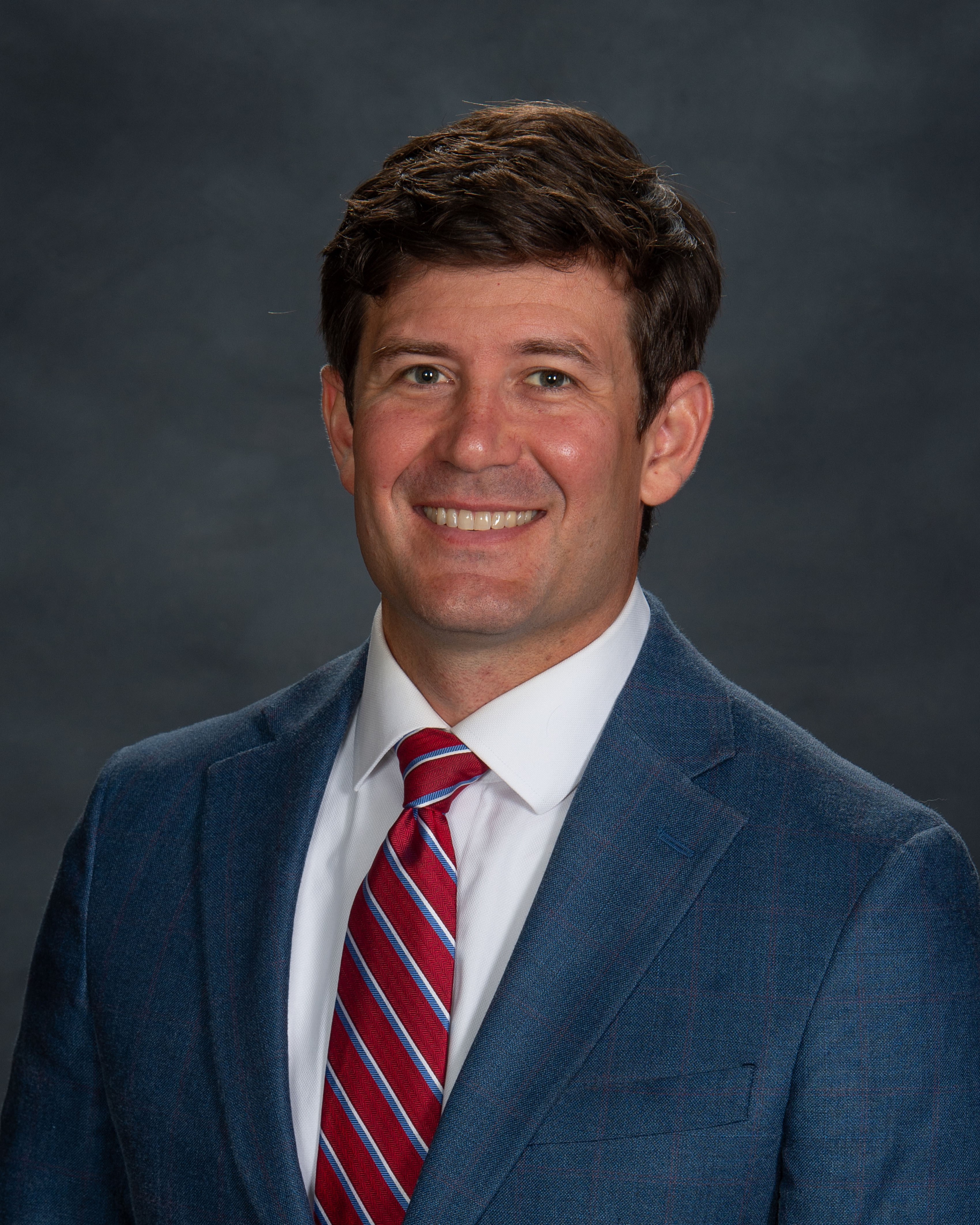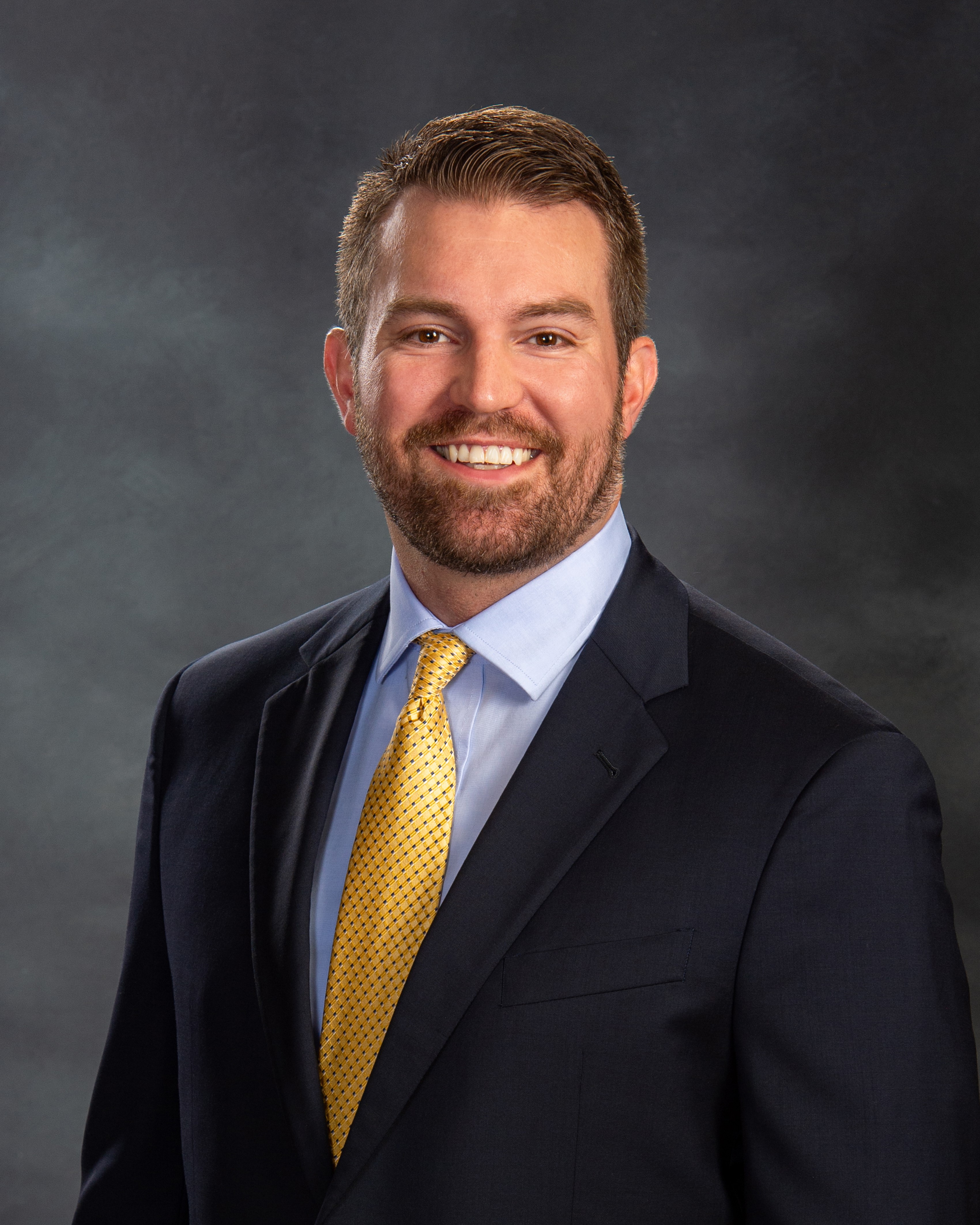Rotator Cuff Repair
Specialties
- Anterior Hip Replacement
- Neck Arthritis (Cervical Spondylosis)
- Endoscopic Carpal Tunnel Release
- Hip Arthroscopy
- Robotic Assisted Knee Replacement
- Robotic Joint Replacement & Spine Surgery
- Rotator Cuff Repair
- Orthopedic Fracture & Trauma Care
- Outpatient Total Knee Replacement
- Partial Knee Replacement
- Radiculopathy (Pinched Nerve) Treatment
- Total Ankle Replacement
- Total Shoulder Replacement
- Hand
- Hip
- Foot & Ankle
- Knee
- Shoulder & Elbow
- Spine
The rotator cuff is a group of four muscles and tendons that keep the shoulder in its socket. Rotator cuff tears are among the most common shoulder injuries, and can cause pain and weakness. Depending on the tendon quality, severity of the tear, and the patient’s needs, nonsurgical treatment or surgical repair can help patients get back to normal activities of daily life.
Augusta-Aiken Orthopedic Specialists has several surgeons trained in rotator cuff repair surgery. Dr. Nicholas Capito, our board certified shoulder and elbow specialist, has extensive training and experience in rotator cuff repair surgery. He performs more rotator cuff repair surgeries than any other surgeon in the area. Dr. Capito has trained in the latest arthroscopic techniques for rotator cuff repair. He is the only surgeon in the region that routinely uses a technique that does not require painful anchors and allows for faster recovery, called transosseous rotator cuff repair. He has also trained in additional techniques for large/massive rotator cuff tears or insufficient tendon quality including: superior capsule reconstruction, graft augmentation, tendon transfers, and, the newest treatment to be adopted in the US, the subacromial balloon spacer. He will discuss ahead of time which procedure will be most beneficial for you.
Drs. John Bojescul and Vaughan Massie are sports fellowship trained surgeons that also routinely perform rotator cuff surgery. Our other general orthopedic surgeons who perform rotator cuff repair surgery are Drs. Gallagher, Holford, Shannon, and Jacobs.
Causes & Symptoms of Rotator Cuff Tears
The rotator cuff can tear with a sudden or acute injury, such as a fall, heavy lifting, or during recreational activity. However, the majority of rotator cuff tears most often occur due to gradual degeneration of the tendons over time. It is a rare injury to see in patients under 45 years old. It is much more common for patients in their 60-70’s.
Symptoms of a rotator cuff tear include:
- Shoulder pain, even while at rest/night, especially when lying on the injured shoulder
- Pain and/or weakness when lifting, lowering, and rotating the arm
- A crackling sensation (called crepitus) when moving the shoulder
If you are experiencing any of these symptoms, seek evaluation with a qualified specialist to see if a rotator cuff tear could be causing these problems.
Rotator Cuff Repair Surgery
Patients who are over the age of 75 and have a small tear in the rotator cuff may not need surgery to achieve the level of function they need with daily activity. In these cases, physical therapy and injections may help to resolve pain and restore function.
For patients with larger, or complete, rotator cuff tears, significant shoulder weakness, and more active lifestyles, surgical repair may be a better option. Rotator cuff repairs are performed as an outpatient procedure, so patients will return home the same day.
During the procedure, patients are asleep. Patients are also offered a nerve block by a trained anesthesiologist which both decreases the amount of anesthesia needed during surgery and helps with pain for the first 24 hours after surgery. The procedure is typically done arthroscopically with multiple 1 centimeter incisions, using a small camera and various instruments to view the structures of the shoulder and complete the repair. Arthroscopic surgery allows the surgeon a more comprehensive view of the shoulder, improves the quality of the rotator cuff repair, and reduces the risk for infection compared to the more historic open procedure.
Recovering from Rotator Cuff Surgery
It is important to make sure patients have enough support and information pre-surgery to help them through the recovery process. Dr. Capito has created a guide for patients to walk them through the whole process.
Advice for the recovery process includes:
- Using ice to help with shoulder pain
- Sleeping in a recliner or using something to prop yourself up, as it is uncomfortable to sleep on the shoulder while recovering
- Trying to stay ahead of pain with medication
Patients are required to wear a sling for the first 4-5 weeks after surgery to decrease stress on the tendon repair so that it can heal properly. During this time, it is very beneficial to have assistance from family or close friends to help with your normal daily tasks.
Physical therapy (PT) begins as patients start to wean out of the sling - typically around one month after surgery. PT begins with gentle range of motion and stretching. Patients may be restricted between 1-5 lbs lifting during the first stage of PT. Eventually, as patients regain full motion, they will graduate to strength training at 3 months, as the tendon healing process is about 75% complete. Patients are typically released to full activity without restriction in about 5-6 months. Your surgeon will advise when it is safe to return to work, as this can be highly varied depending on the nature of the patient’s work.
Rotator Cuff Repair in the Augusta-Aiken Community
Dr. Nicholas Capito, our board certified shoulder and elbow surgeon, has extensive training and experience in rotator cuff repair surgery. Augusta Aiken Orthopedic Specialists has a team of surgeons that perform rotator cuff repair. Drs. Bojescul and Massie are sports fellowship trained and perform rotator cuff surgery. Drs. Gallagher, Holford, Shannon, and Jacobs also perform rotator cuff repair. If you would like a consultation with any of our surgeons, please call our office at 706-863-9797 (Augusta) or 803-649-2250 (Aiken), or use our convenient appointment request form.

